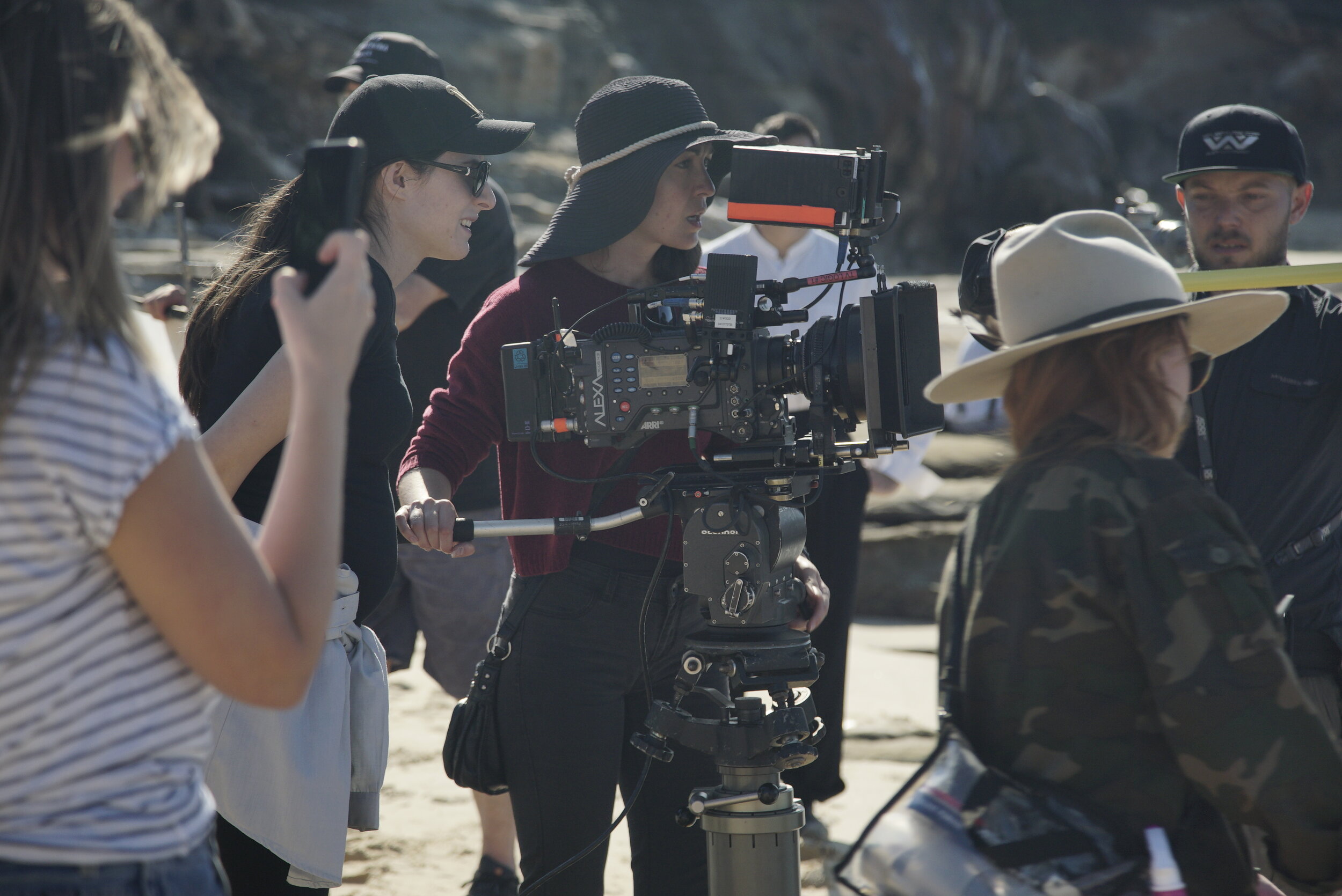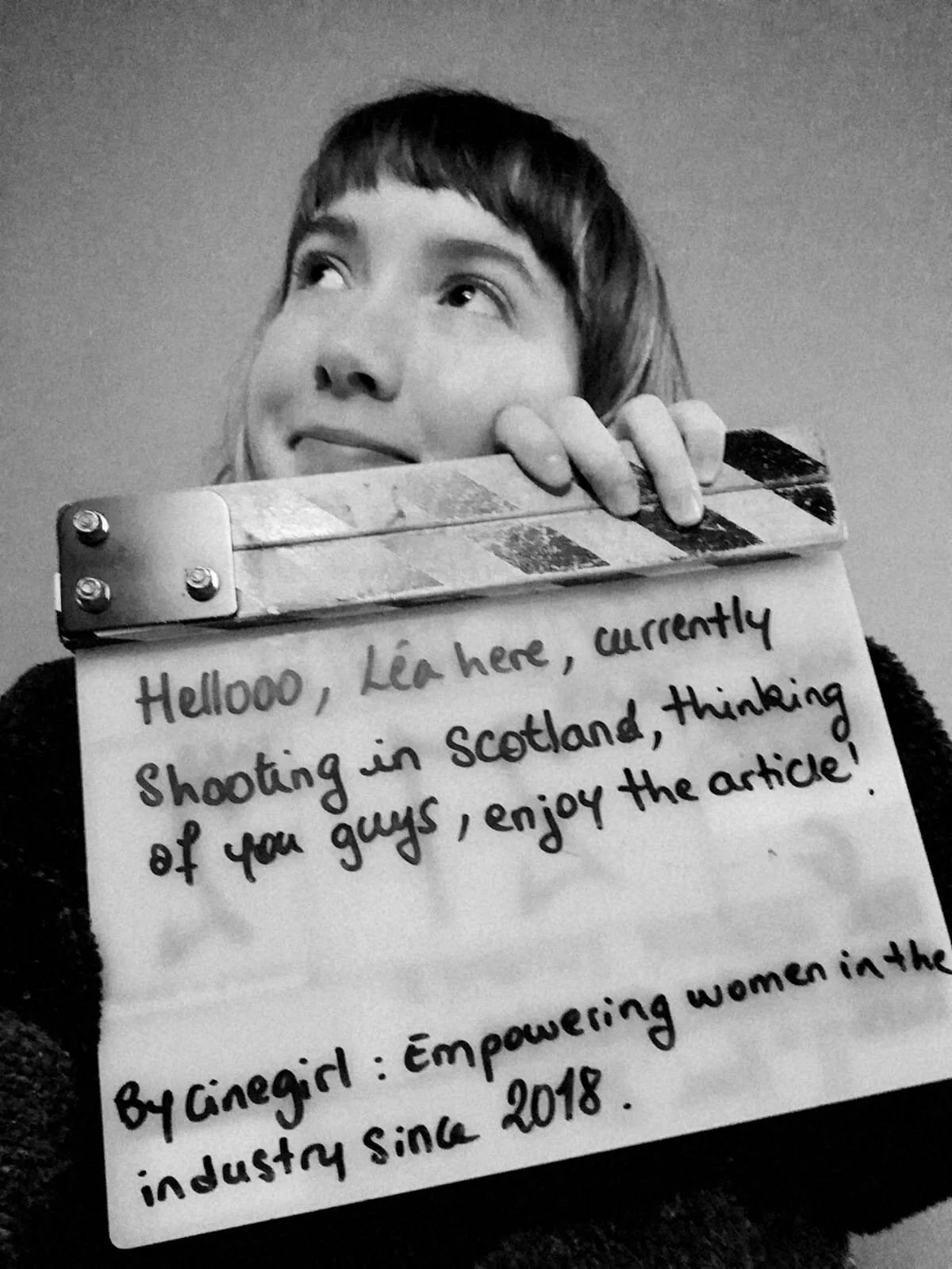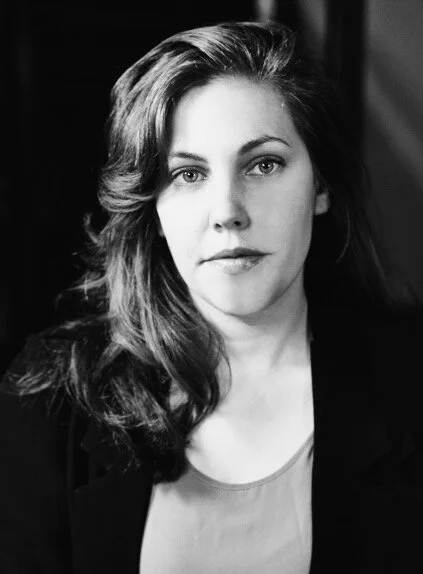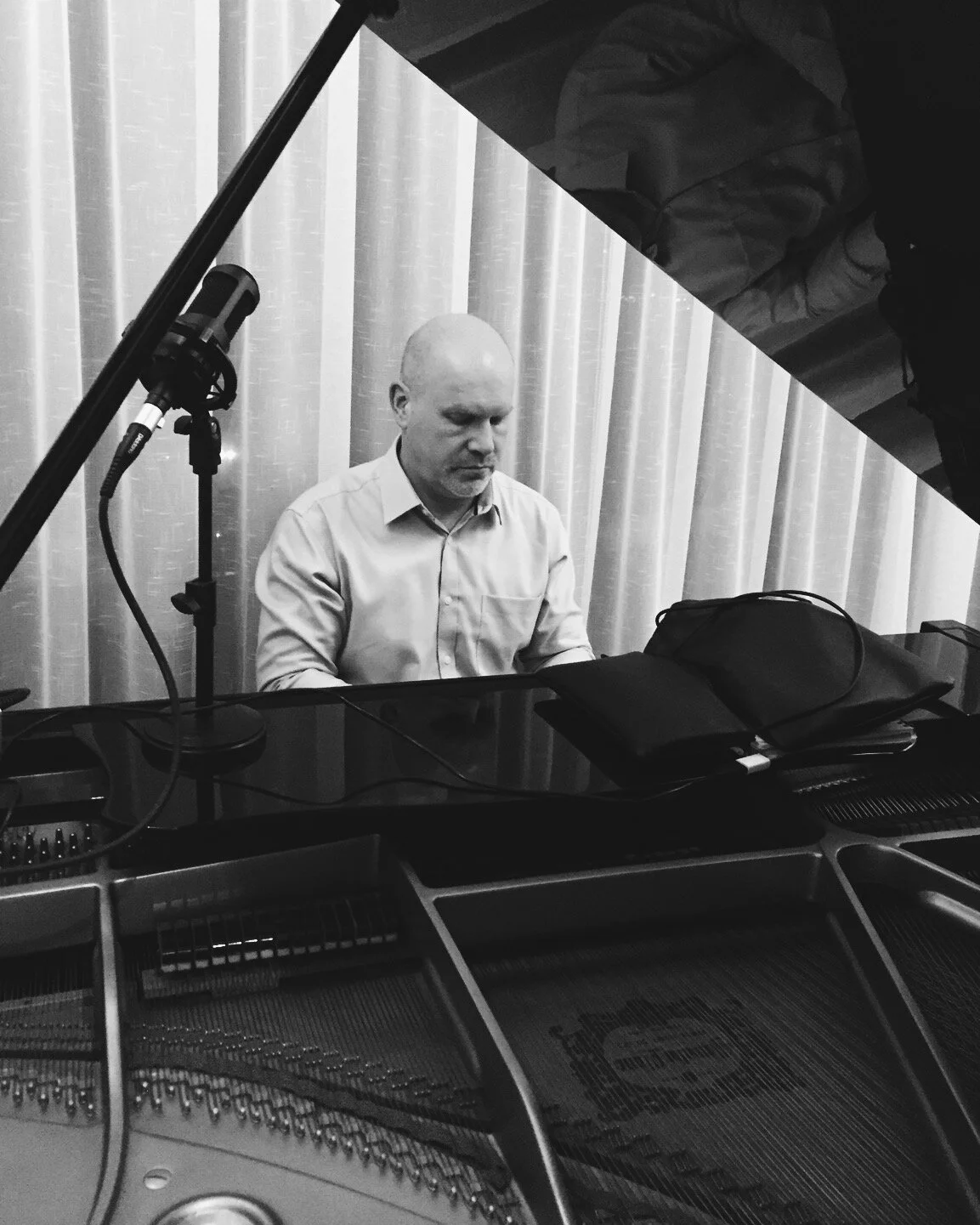In conversation with award winning Cinematographer, Ashley Barron (ACS)
Tell us a little bit about yourself
I’m an international, award-winning Director of Photography (DP) recently Accredited by the Australian Cinematographers Society. I grew up between Russia, Armenia, Ireland and Australia, which has shaped my unique mix of visual attitudes, perspective and approach. I started out as camera assistant before being selected as 1 of 28 Cinematographers in the world to train at the American Film Institute Conservatory in Hollywood, where I was the youngest in my class. During this time I shot a number of films and crewed on more, shooting both film and digital. I was also chosen by Academy Award winning Director of Photography Dion Beebe ASC ACS to work as his apprentice. My AFI Thesis film DREAMLAND earned a nomination at the prestigious Camerimage Cinematography Film Festival and profiled in both the American and Australian Cinematographer Magazines.
I’ve been fortunate to have a career that has spanned across four continents, and that my work has earned awards such as a coveted ACS Gold Award, a Nomination for the National ACS Awards, and one of the earliest memberships of the International Collective of Female Cinematographers (ICFC). I am also a proud member of the CinematographersUK and Illuminatrix collectives.
Rising from low-budget to high-budget projects can be very challenging. How did you make the switch?
It comes with trust, which comes with time. I started by saying yes only to projects that I felt were in line with what I wanted for my career, both visually and collaboratively. I also took the reins and organised my own projects that fit that career trajectory. My abilities and confidence built with every shoot, as did my artistic voice and, most importantly, my reputation. Eventually someone took a chance on me for a higher budget job because they believed in my reel for the project. Once that’s on your CV it’s easier to convince others. It’s a constant climb. I will forever oscillate between the two ranges of budget because sometimes a good story needs to be told but doesn’t have the budget behind it.
Representation is definitely a tremendously important subject for emerging talent who are looking to progress their career as a successful DP (Director of Photography), but there are so many important questions and challenges to consider. Typically, agents only look at DP’s with an impressive showreel. However, getting the opportunity to work on high-budget projects is not easy and having representation can obviously help gaining that higher end work. What are your thoughts on this? What comes first?
Most often the DP is brought onto a high-budget project because of their previous experience with the filmmakers involved, through a recommendation or their previous work. It’s often too high risk for the decision makers to go with an unknown. Otherwise there is no specific path. There are DPs who have gotten opportunities irrespective of their agent, while others only because of them. That’s only to get your foot in the door, however. It’s up to the DP, and the many qualities and factors, to win the job. An agent of course looks for high quality work to represent. They need something to work off in order to sell you. However, high quality doesn’t necessarily solely come with higher budgets. Much of my earlier attention-garnering work was either low budget or no budget.
Though having representation adds credibility and makes it easier to manoeuvre larger markets, there are a number of factors contributing to the effect an agent can have on your career. The hustle doesn’t end once you get signed. Agents also tend to work differently between the UK and US.
I would urge DPs to focus on the quality of the material and their abilities with the resources at hand. Then don’t wait for that work to be found. I’m a strong believer of making your own luck. Get it out there yourself, don’t wait for the world to come to you. Then once signed - keep up the hustle.
In your own personal experience, do you think that is more challenging for women to get representation? Are the standards from agencies tougher?
In my experience it’s the work that speaks for itself, regardless of gender. Most recently there has been more of a demand for women behind the camera, so it feels that interest in female DPs is actually growing from some agents.
You’re as good as your last job, as they say. Credibility and believing in yourself and your work is key. What is your experience on this?
This is why I feel discernment is key. You don’t always get it right but you need to be mindful about what you say yes to. This extends to not only the quality of your work but also your presence on set. Word travels fast and if you were unpleasant or unprofessional, it could affect your future opportunities.
As for self belief - imposter syndrome is real. Even in the most successful and experienced DPs. Fake it ‘till you make it, because if you allow your collaborators to feel that you can’t do the job, they won’t hire you.
Looking at your latest works, what made you choose Cooke Lenses for Frankenstein for the band Editors?
I shot music video Frankenstein for the band Editors on a Cooke CXX Zoom 25-250mm and the s4/I primes. Considering that it was a character driven piece that also called for a cinematic fee,l I felt that the quality and characteristics (the ‘Cooke look’) would be appropriate. Though the character and his world is dark we wanted the audience to be drawn in and relate, to him, and using the Cookes in combination with the Alexa was half the battle. I also felt that creating a visual contradiction between a rounder and softer image, and the hard and dark character would underline the surreality of the comedy in this piece. The zoom allowed us to reveal his world, especially as it evolves, and creates a tension and unease for the audience regardless of what location we were in (and we had many).
You may view the video here
If you weren’t a DP, what job would you be doing instead?
There is no alternative.
Any piece of advice for women emerging in the camera department?
Carve your own path. Don’t take no for an answer. Hold Fast - persevere - as it’s a game of last person standing.
This is a sponsored feature article by Cooke Optics as part of our ongoing support of female talent in the camera department.










